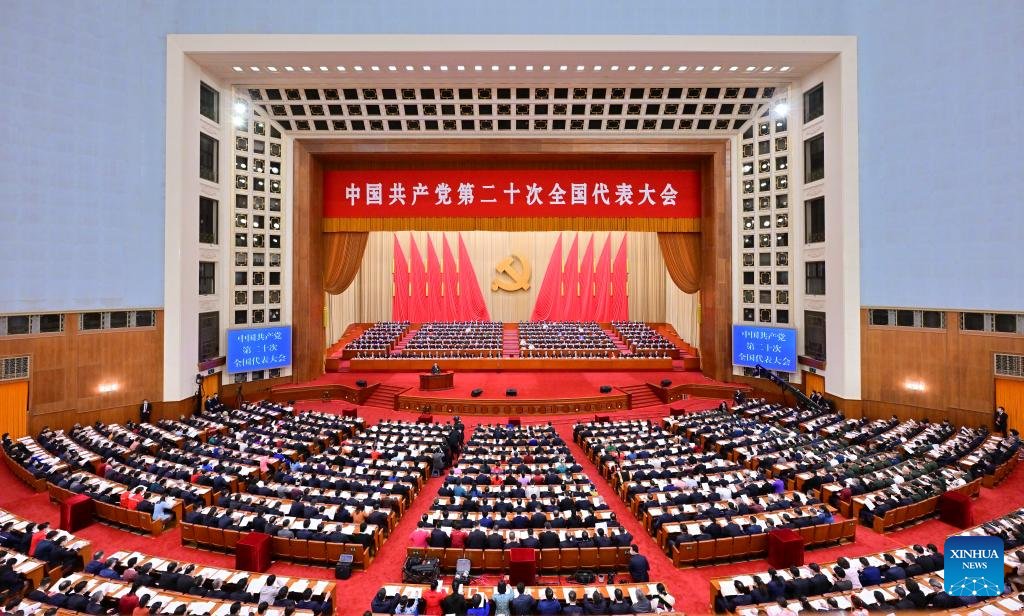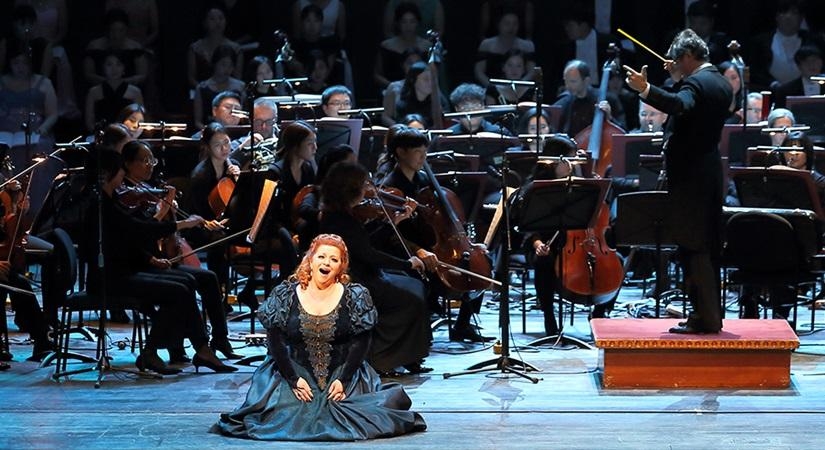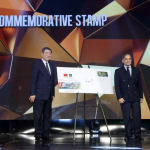Women in China are still trying to discover an equal status in a highly patriarchal society….reports Asian Lite News
Women in China anxiously wait before every national congress of the Communist Party of China (CPC). So they are doing now as well in the hope that the 20th Congress scheduled to be held on October 16 would pay some attention to gender discrimination and pave the way for their proportional representation in the political and economic power structures.
Although, since the Cultural Revolution, began in 1966, women’s labour force participation in China increased, they still face discrimination and low status in Chinese culture.
Gender inequality, like most Asian countries, is a truth in China which has lingered on since the “great leap forward” of the 1950s, through the “cultural revolution” of the 1960s and 70s and during the years of the “Chinese miracle” through the 1980s, and 90s and two decades of the new millennium.
Women in China are still trying to discover an equal status in a highly patriarchal society. Even in the 21st century, men in China have more access to social resources and high socioeconomic status, besides political power.
It does not mean that women of China are not aware of their exclusion from the Communist Party leadership for long, but they now want their deserved place in the political power structure as they see in Germany, South Korea, Taiwan, India, Sri Lanka and Pakistan.
In an era of the information revolution, the demonstration effect is at work in China. As the participation of women in the workforce and higher education has increased, they aspire for a place in the political power structure.
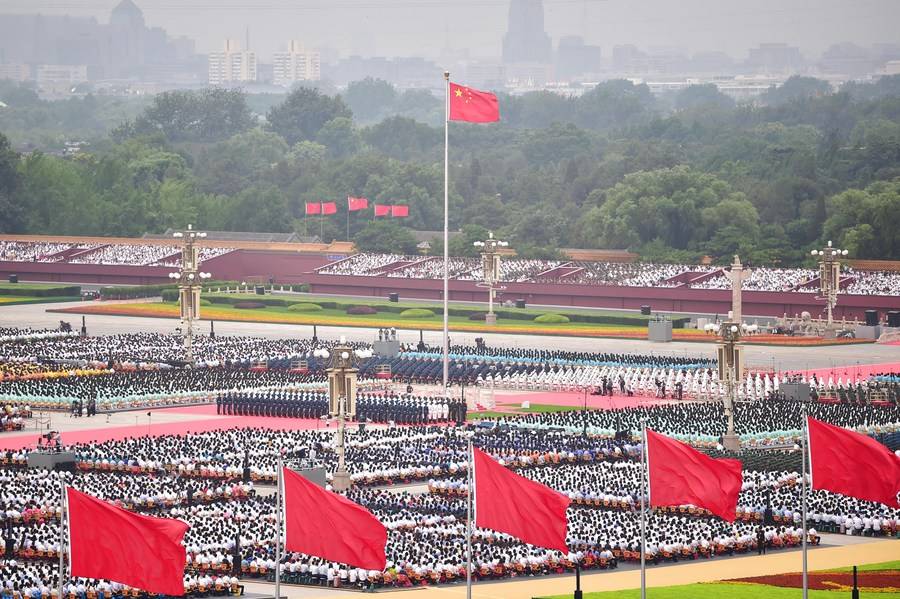
Last time at the end of the CCP’s 19th Congress, the new Politburo Standing Committee had seven men but not a single woman to be seen. In fact, there has never been a female member in the Standing Committee of CCP Politburo.
And this happened in the 19th Congress despite the fact that out of 2,280 delegates in the congress, fewer than a quarter were women. The reality of China has not changed. Women are less represented higher up the political tree.
This time around, the total number of female delegates is 619, which is 68 more than those participating in the 19th Congress of the CPC, constituting about 27 per cent of the total 2296 delegates participating in the 20th Congress. Will a woman get placed on the Standing Committee?
Mao Zedong in 1968 said, “women hold up half the sky”, signalling that China would give equal rights, participation and representation in various areas of life.
Since then, China made many legislations for the welfare of women regarding marriage by choice, divorce and abolishing polygamy and paying money to wife, but the CCP remained more focused on overall societal stability and emphasized more domestic values for women to support a peaceful home life.
Much time has elapsed since then, but women continued to remain the “second sex” in the schema of the CCP. The so-called “great leap forward” years in the late 1950s and early 1960s unleashed women’s workforce by encouraging them to utilize their domestic duties and work in service centres such as cafeterias, kinder gardens and nurseries. This continued through the cultural revolution years.
However, despite increased women’s participation in higher education since the mid-1960s, women were provided lower-status jobs even if they had similar educational accomplishments as men and also faced wage discrimination for the same work.
The work condition of the girls migrating from rural areas to urban areas remained poor and pathetic reflected in their social designation as “factory girls” reflecting their miserable condition.
During the cultural revolution and thereafter, for a pretty long time period, the brunt of China’s one-child policy was bored by girl children and their mothers due to an unprecedented increase in female infanticide.
A prejudiced preference for sons has long existed in China and the mindset has changed little as women are still deemed as the weaker sex. They are not considered capable of political decision-making. Women continued to suffer a lower status in Chinese culture.
During the cultural revolution, the All-China Women’s Federation was pressurized to suspend their activities mainly directed towards making a demand for equal opportunity, justice and dignity. The far-left Cultural Revolution Movement often ignored women’s issues and considered them no different from men without considering their lower status.
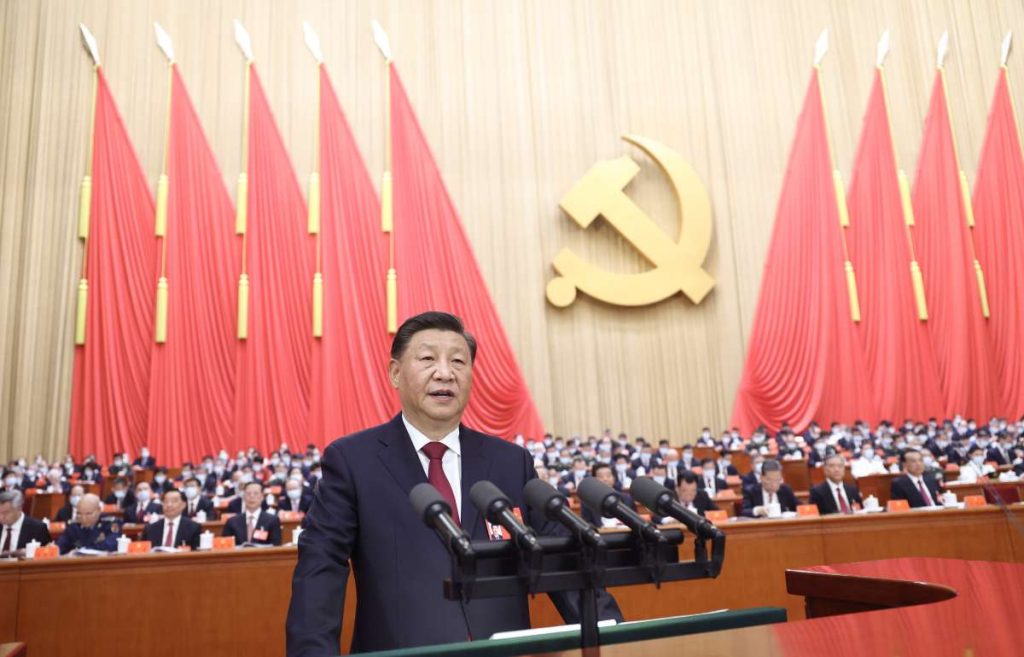
Since the late 1970s as China’s economic progress and prosperity increased, the general living standard in the country also improved. But this remarkable growth of China bred massive inter-personal and inter-regional inequalities, the main brunt of that falling on women.
Even today Chinese society and economy are marked by unequal employment opportunities for women and skewed income distribution in favour of men. In 1995, CCP General Secretary Jiang Zemin made gender equality an official state policy, but even after that women are kept out of positions of power in politics.
It is not difficult to find why is it important for women to get a place in the Standing Committee of the CPC Politburo. About 30 per cent of women suffer from domestic violence in China; they have a lesser likelihood of enrollment than males in educational institutions of all age groups and they are often exposed to harassment, stalking and abuse both at home and at the workplace.
Women could get a fair deal if they are represented sufficiently in power structures. That would also make China more democratic. Going by China’s past records, a place for women in the Standing Committee of CPC Politburo would be a tall order. (ANI)


